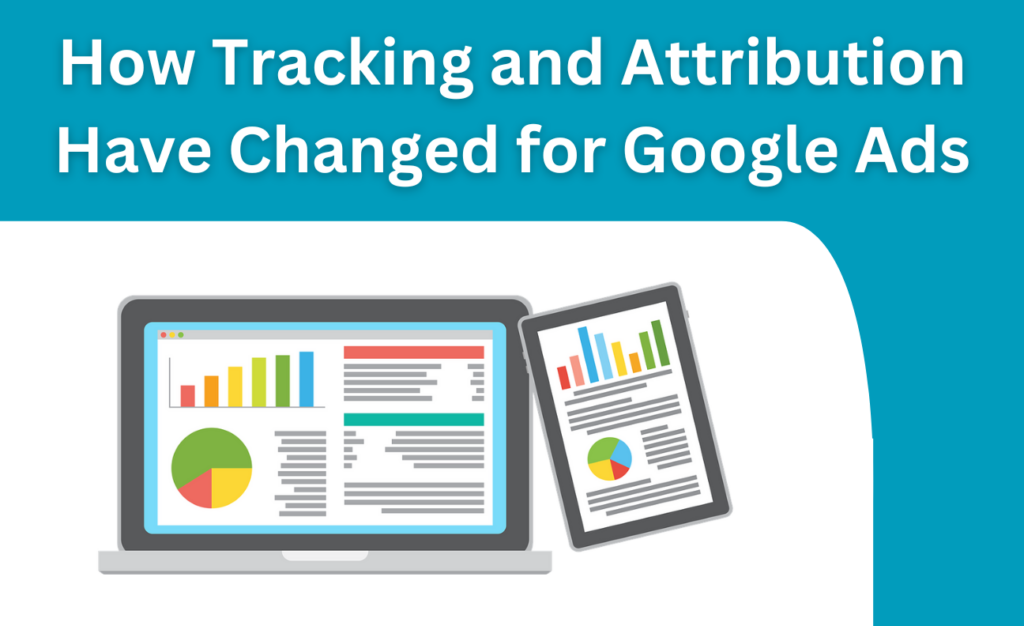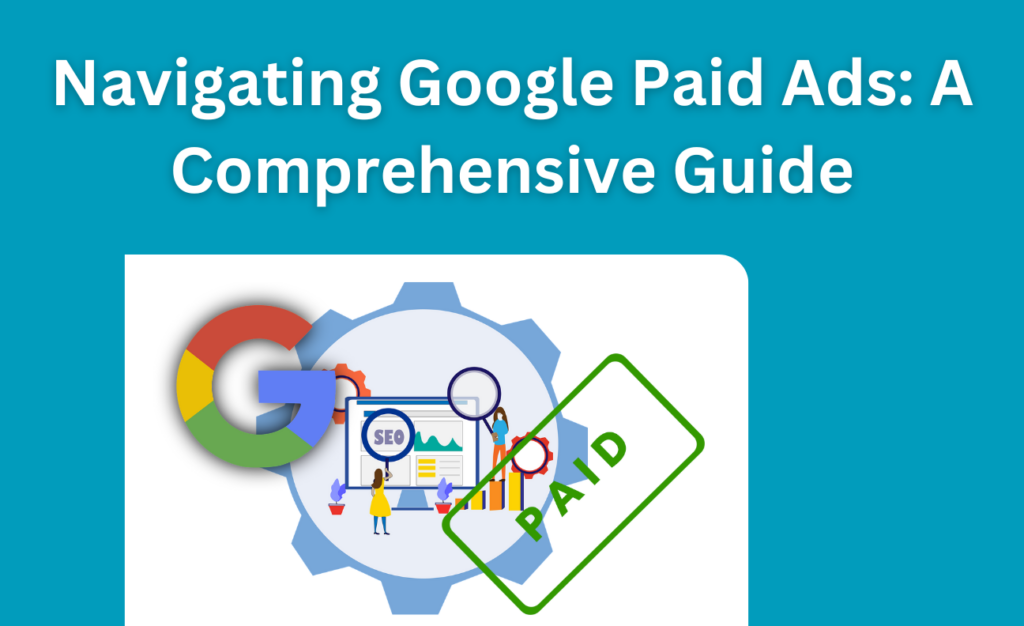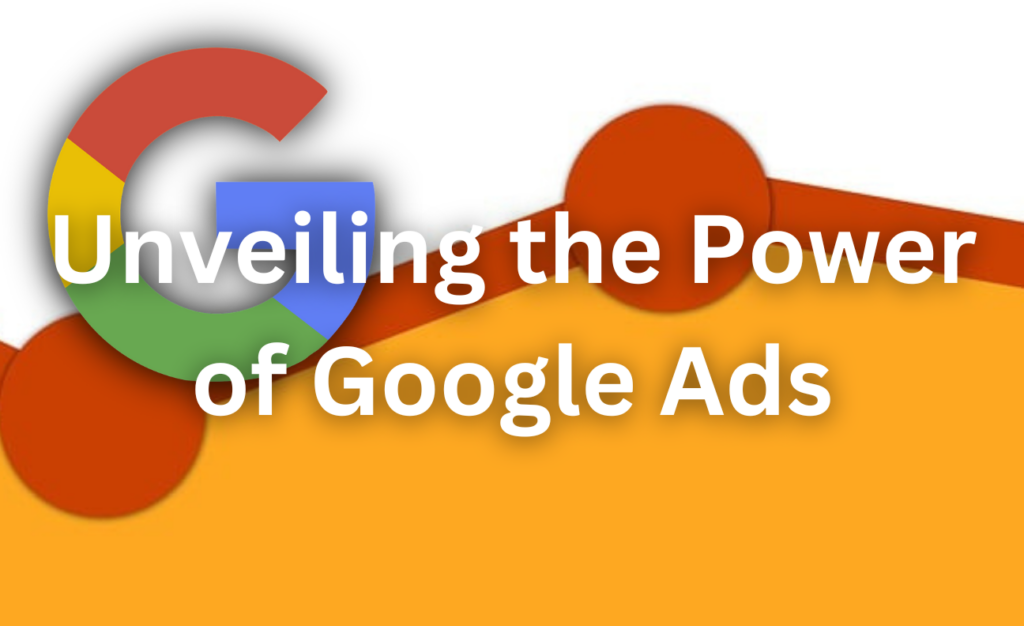Tags – Different Types of Search Engines
There are many different types of search engines available today.
But the first one that probably pops into all of our minds is Google.
Yes, Google is the most famous search engine in the world, but it’s definitely not the only one.
In today’s world, search engines are a huge part of our lives – we use them all the time to immediately find the information we need.
However, all businesses should be aware of the different search engines out there.
In this comprehensive guide, we will take a look at the different types of search engines and the purpose of them.
The Importance of Search Engines
Two types of people rely on search engines every day:
- Users who search to get information
- Site owners who try to optimise their websites for top rankings
Users do more than billions of Google searches to access useful content.
This opens up a world of possibilities for businesses and online content producers looking to get people to visit their websites for free.
Search engines follow rules and have their own method for ranking website traffic in search results.
The optimisation of websites for Google and other search engines is a crucial aspect of any website’s success in reaching a big audience.
Users may make money for site owners in a few ways: by displaying advertisements on the site, or by purchasing items.
Different Types of Search Engines
Depending on how the search engine works, they can be classified into 3 categories:
1. Crawler Based Search Engines
A crawler, bot, or spider is used by all crawler-based search engines to crawl and index new material to the search database.
There are four distinct phases involved in displaying any sites in crawler based search engine results:
- Crawling: search engines crawl the whole web to find the web pages available
- Indexing: the process of identifying keywords and phrases that best describe the page
- Calculating Relevancy: the process of determining how well a given page meets the needs of the searcher
- Retrieving Results: displaying results in the browser in an order of most to least relevant
The most popular crawler based search engines include:
- Bing
- Yahoo!
- Baidu
- Yandex
They all use the above technology to display search results.
2. Human Powered Directories
Human-powered directories, also known as open directory systems, rely on human involvement for listings.
The indexing procedure in human-powered directories is as follows:
- Website owner submits a short description of the site along with a category to be listed under
- The site is then manually reviewed and either added or rejected
- Keywords entered in a search box will be matched with the description of the site (this does not take into account any changes made to content)
Some examples of human powered directories include Directory and DMOZ.
Unfortunately, automated search engines like Google have rendered all of these human-powered directory search engines obsolete.
3. Hybrid Search Engines
Hybrid Search Engines employ both crawler-based and human indexing to list websites in search results.
Google, for example, largely employs crawlers as the primary tool and human-powered directories as a secondary tool.
For instance, Google may extract and display the description of a webpage from human powered directories in search results.
Hybrid types are becoming increasingly crawler-driven search engines as human-powered directories shrink.
Nonetheless, manual filtering of search results occasionally happens to remove duplicated and spammy websites.
When a website is being investigated for spammy behaviour, the website owner must take appropriate action and resubmit it to search engines.
Specialist Search Engines
There are several specialised search engines on the market that enable you to look for certain things, such as videos, used cars, meals, flights and hotels.
Here, SEO techniques can be used to help your products and services rank well on specialist search engines.
And listings on these search engines often appear in standard web search results.
Some examples of specialist search engines include:
- YouTube: owned by Google, YouTube is the second biggest search engine in the world
- Amazon: works as a search engine for products
- Skyscanner: users can search for flights and compare prices
- Facebook: although a social media platform, Facebook receives over 2 billion searches a day, putting it ahead of Bing.
Many of these specialised search engines are directories. This means that they rank material that has been manually submitted.
Some crawlers may be used to locate certain sorts of content on the web.
Other Types of Search Engines
Aside from the three major types mentioned above, search engines can be classified into a variety of categories according to their applications.
The following are some examples:
- Search engines have different types of bots for specifically displaying images, videos, news and local listings – such as Google News.
- Some search engines collect meta information from other search engines and directories to display in their search, such as Dogpile
- Semantic search engines, such as Swoogle, provide accurate search results on specific areas by understanding the contextual meaning of the search itself
Finishing Thoughts
Human-powered search engines were once popular and useful sources of information on the Internet.
The technological world is evolving at a rapid pace towards automation and artificial intelligence.
This growing trend is being driven by big technology companies such as Google and Microsoft, who profit from the dominant search engines.
This rapid shift has unsurprisingly annihilated any of the human-powered search engines.
Although individuals use specialised search engines on a small scale, at present, artificial or crawler-based search engines serve as a major source of information with little human involvement.
Please contact us today to find out more.
You may also like:
- How to Use Google Ads to Learn About Your Customers
- Google’s Mobile First Indexing: What It Means for Your Website
- How To Optimise Your Website For Seasonal Keywords?
- Trust-based Marketing: How to Build Consumer Confidence in Your Brand
- SEO Forecasting: How to Predict the Future of Your SEO Strategy










